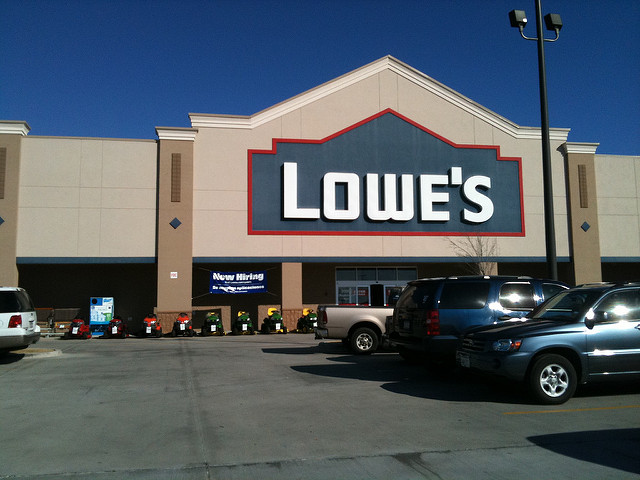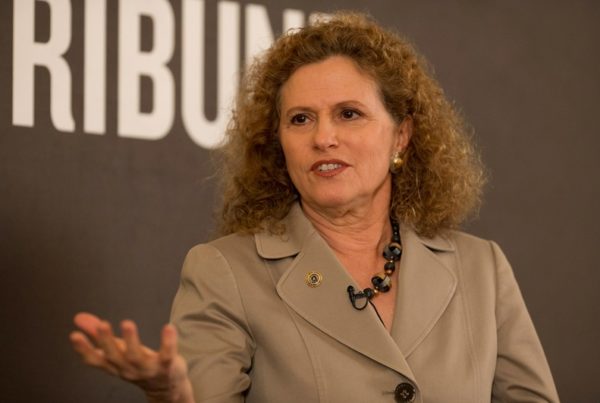The big box store is a fixture of the suburban landscape – though not unique to it, and certainly not unique to Texas. Typically one-part warehouse and one-part retail, they are an important source of local revenue. But now some chain stores are trying out a new strategy in hopes of paying less in taxes.
Maria Halkias, reporter for the Dallas Morning News, says this new “dark-store” strategy refers to big-box retailers asking counties to consider their property as if it’s empty – because it can’t be used for anything else and would be difficult to sell if they ever left. That would lower their property taxes, and incentivize them to stay in smaller counties.
“They want the counties to think about their open stores as if they might be closed someday,” Halkias says. “And, they want them to use comparable evaluations of stores that are closed.”
“Highest and best use” is the way Texas currently evaluates value for these stores at the beginning of each year. Other states like Michigan, Wisconsin, and Indiana have already seen retailers use the dark-store strategy. But smaller counties usually don’t have the budget to litigate, so they give in. Halkias says while it would mean savings for retailers, the tax burden would likely fall on homeowners.
“I talked to several [chief appraisers] and they say that’s where they’ll have to turn to find the money is, you know, the homeowner,” she says.
Post by Allyson Michele.
















